Hello All, This is my first letter and need some help. I have challenged myself to copy a pleated design element on the front of my niece’s wedding gown and make her a clutch purse with the design on the front flap. (Inside the linning would be a light green to match the bridesmaides dresses.) I’ll try to describe the pleated area. The front bodice which scoops down from the waist and across the tummy area, and almost looks like a two piece dress, has an overlapped pleated design. One side looks like 4 or 5 pleats and the overlapping pleats look like 5 or 6 of them. It almost creates a “V” effect which is very pretty and slimming. I do not have access to the dress or I could look at it and try and figure out how they did it. I have experimented by folding, pinning, pressing and stitching one side and repeating it and overlapping all on the ONE piece and sewwing it down. I thought then I would then cut out my pattern from that piece. Question: should I be using 2 separate pieces for the pleats or do it on one fabric piece? Any other ideas would help. Thanks!
Conversational Threads
Threads Insider
Get instant access to hundreds of videos, tutorials, projects, and more.
Start Your Free TrialAlready an Insider? Log in
Conversational Threads
Highlights
-
Sign up for the Threads eletter
This site is protected by reCAPTCHA and the Google Privacy Policy and Terms of Service apply.See all newsletters -
 Sponsored Content
Sponsored Content
Where to Buy
-

-

-

-

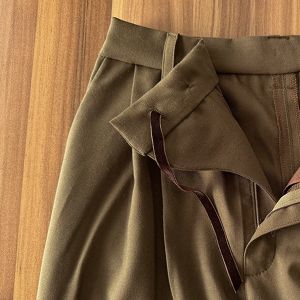

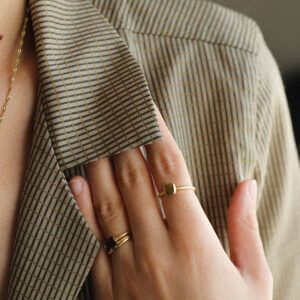
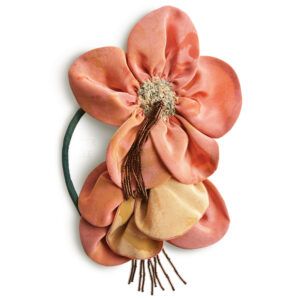
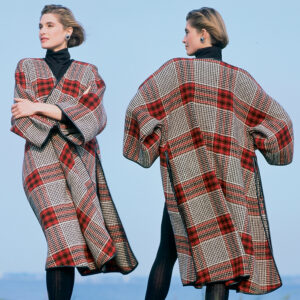
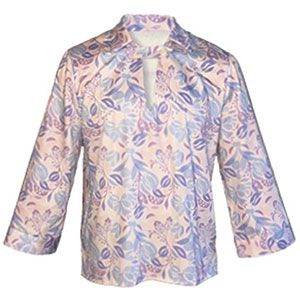
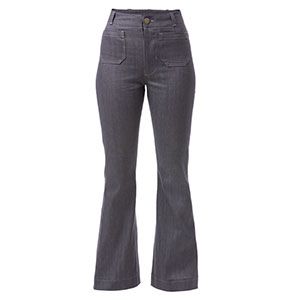
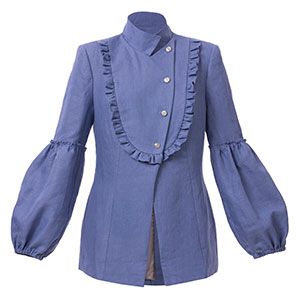
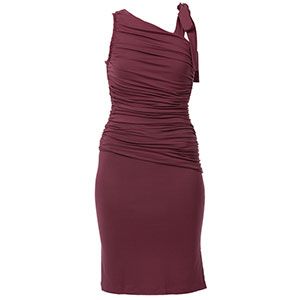
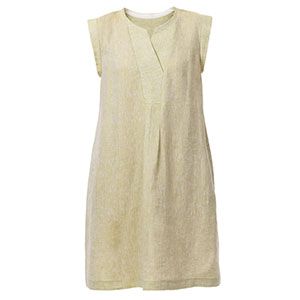
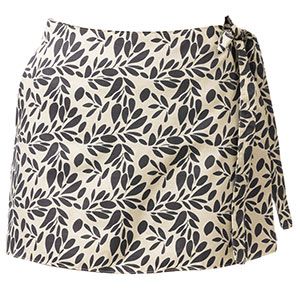
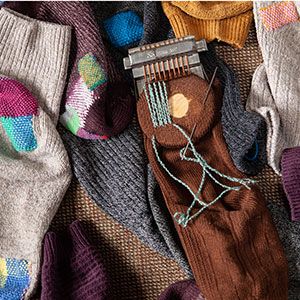
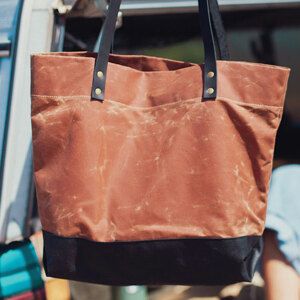
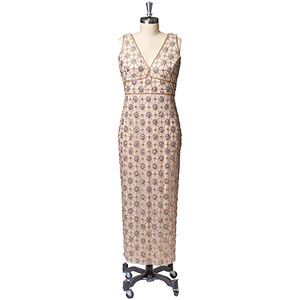
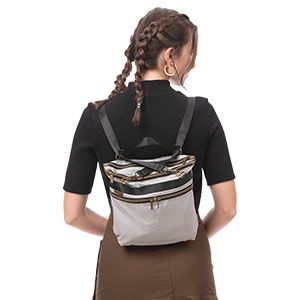
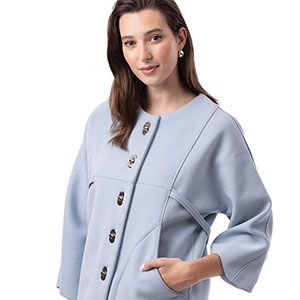






Replies
I saw thisdone in a magazine which i get here in Australia. The pleats a re actually individual stips cut on the cross and mounted onto a backing fabric . That way you can acually weave them and get that apex..
Thanks for the idea on weaving. From the picture of the dress though, it looks like one section of pleats or folds, overlaps the other section. It doesn't look like it's a basket weave, just one over the other. I appreciate your idea though, and all the way from Austrailia, thanks.
Edited 5/1/2005 1:09 pm ET by San
Is this anything like what you had in mind?
http://store.sewingtoday.com/cgi-bin/voguepatterns/shop.cgi?s.item.V2842=x&TI=20003&page=3
shelly in Jerusalem
No , but I searched and found V7851! The back "pleated overlay" looks like the design I want to put on the front flap of my clutch purse! Question.... do I make two separate pleated sections, overlap them, then attach it to fabric for front flap? Or.... make my pleats directly on fabric front piece? I'd like to leave some smooth area above the pleats for contrast. I am obviously trying a dress design on a very small scale....Am I being to adventurous???
It would partly depend weight of the fabric you are using. Something crisp and heavy would be pretty bulky in two pleated layers on a small purse. To avoid two layers of pleats you can create some type of overlay look by sewing the underlayer to the edege of the overlayer if that makes any sense. A bit of imagination to create the look rather than the actuality on the purse will probably do the trick. Since the dress is a larger scale you can make another decision based on how the fabric behaves.
I purchased a polyester ivory fabric that felt nice, but not like a heavy satin. It felt weddingown-ish to me. When I tested some 1/2 inch pleats on it, it worked up and pressed nicely. The problem I had pleating both sides on one piece was it too small when I got done. I think I like your idea better! It will give me more control of the finished size and angles of the overlap. My next problem will be which interfacing to use....I have purchased a wide variety of sew in and fusible to play with in a variety of weights. I think I feel safer with a sew-in. Any suggestions would be appreciated. Thanks again for your help! San
This post is archived.